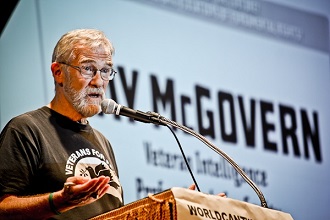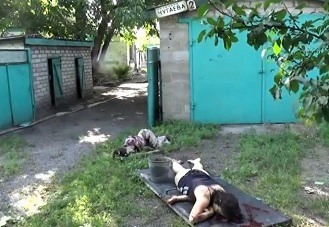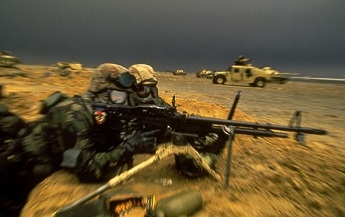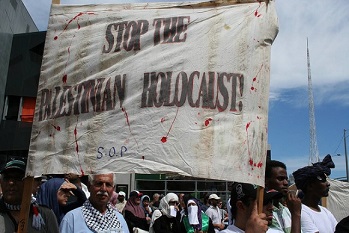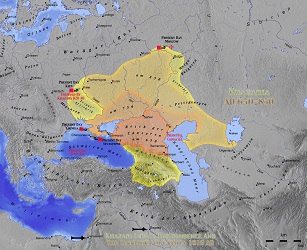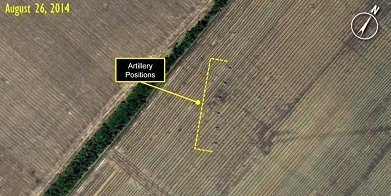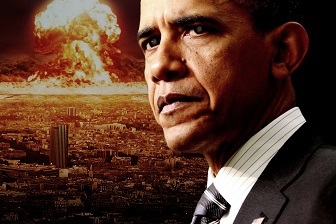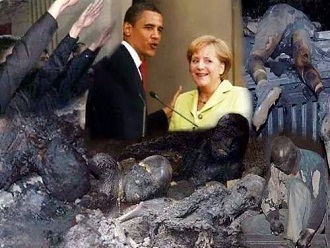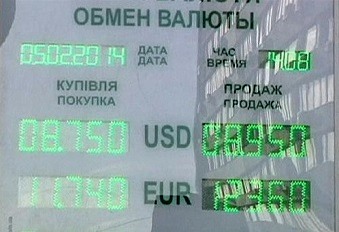The Global Crisis: Food, Water and Fuel. Three Fundamental Necessities of Life in Jeopardy
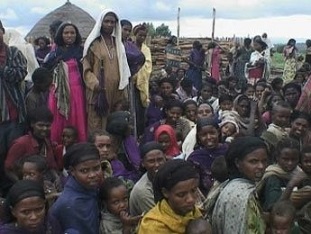
Famine in Ethiopia, June 2008
First published in 2008 - The sugar coated bullets of the “free market” are killing our children. The act to kill is unpremeditated. It is instrumented in a detached fashion through computer program trading on the New York and Chicago mercantile exchanges, where the global prices of rice, wheat and corn are decided upon.
Poverty is not solely the result of policy failures at a national level. People in different countries are being impoverished simultaneously as a result of a global market mechanism. A small number of financial institutions and global corporations have the ability to determine, through market manipulation, the standard of living of millions of people around the World.
We are at the crossroads of the most serious economic and social crisis in modern history. The process of global impoverishment unleashed at the outset of the 1980s debt crisis has reached a major turning point, leading to the simultaneous outbreak of famines in all major regions of the developing World.
There are many complex features underlying the global economic crisis pertaining to financial markets, the decline in production, the collapse of State institutions and the rapid development of a profit-driven war economy. What is rarely mentioned in this analysis, is how this global economic restructuring forcibly impinges on three fundamental necessities of life: food, water and fuel. The provision of food, water and fuel is a precondition of civilized society: they are necessary factors for the survival of the human species. In recent years, the prices of these three variables has increased dramatically at the global level, with devastating economic and social consequences.
These three essential goods or commodities, which in a real sense determine the reproduction of economic and social life on planet earth, are under the control of a small number of global corporations and financial institutions.




























